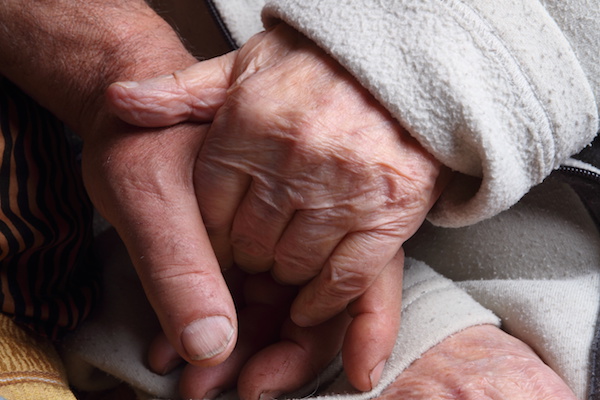
by Lorna Foreman
I usually know the topics of my columns for Fifty-Five Plus long before the due date. I often throw out the topic for discussion when I meet with friends at a local café. There are about six of us, so the discussion usually provides a variety of opinions.
Once I knew I was going to write about compassion, I put my technique to the test and tossed it into the arena. What I did not expect was such passionate reactions, which ended up in a long and lively discussion. I’ll include some of these here, but mostly it will be my viewpoint, tempered by others’ views.
Compassion is a timely topic since, as I am writing this, Canada has brought over thousands of Syrian refugees. I am so glad to be in a country with a leader who shows compassion, although personally, I dislike the word ‘refugee.’ I prefer ‘new Canadians.’
I feel one cannot behave compassionately unless one also has empathy. While I have never been a displaced person, I can use my heart and imagination to sense how distraught these people must feel. Even in this society, one can experience loss, and although you can never compare, you can empathize; you can feel compassion.
The same equation can be applied to other situations, including illness, old age and distress of any kind.
Some of my friends felt you could act compassionately without feeling empathetic.You may indeed do something to help someone, but it is the motive that makes the difference.The difference is why you acted compassionately. It must come from the heart and not just the pocketbook. I don’t believe I am being cynical when I say this.And please don’t stop giving, as there are many areas that cry out for funding to help those in need.
Many years ago, when I lived on the shores of Lake St. Francis near the Quebec border, a sea-doo driver was hauled to my dock. His machine had died, his friend had left him in the water (not very compassionate) and he had spent the night floating on the lake.It was September and while not very cold, spending a night on the water was not desirable. We asked him into our home. He had a shower, we gave him dry clothes, fed him a hot, nourishing breakfast and I drove him in to town so he could arrange to have his machine towed away.
I didn’t think too much about it for I felt it was the only compassionate thing to do. But a neighbour had heard about it and was aghast, informing me it was a foolish thing to do. After all, you just don’t know what he could have done.What really shocked me was that this neighbour professed to be a Christian. I wonder where his beliefs went when he judged our actions.

It didn’t take much effort to empathize with this young man. I have been in a similar situation and it was a lovely feeling knowing there were people who put themselves out to come to my assistance.There are situations where you just have to trust. The best thing to do is be grateful and do something for someone when the opportunity presents itself.
There is a downside to feeling compassion. I try to avoid listening to the news more than once a day. Perhaps this is an ostrich-like view, but I keep hearing the same stories time and again.There is so much ‘sad’ news that unless I apply a filter, I could find myself depressed. I cannot ‘save’ all those animals or all those people in trouble. Yes, I can help. I, too, donate to organizations that are active in their particular area.
Compassion is one of the emotions that makes us human.The most difficult situation is when I occasionally stoop to judge someone. I cannot like everyone, but when I feel a judgmental attitude coming on, I try to see the real person. I try to see what is underneath the facade they present — because we all have one. It softens my first reaction and removes the negativity. ■
 Lorna Foreman is a self-described 50-plus writer who loves life. She lives in Cornwall, Ontario.
Lorna Foreman is a self-described 50-plus writer who loves life. She lives in Cornwall, Ontario.






